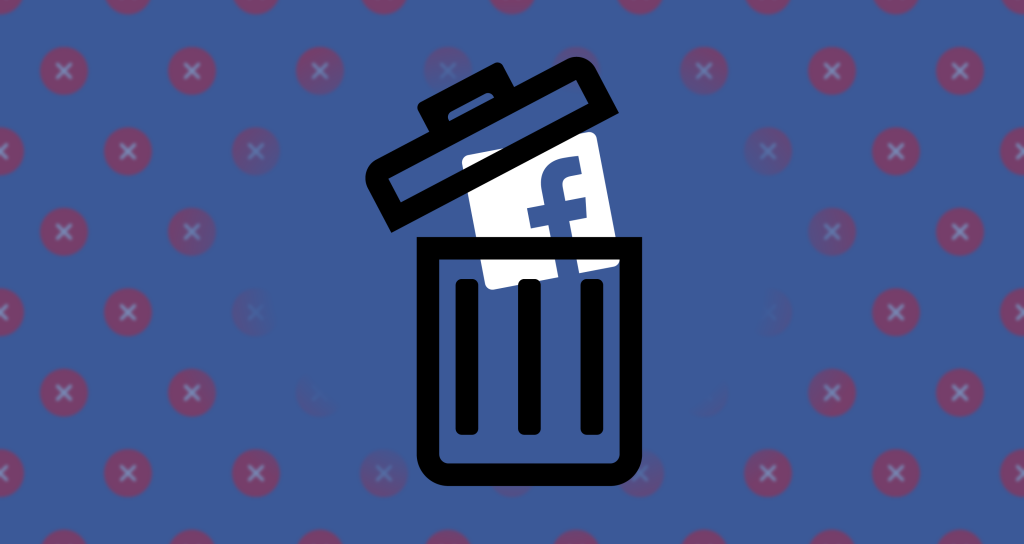Are you contemplating the optimal approach to manage older posts within WordPress?
As time progresses, certain content may gradually become obsolete, lose relevance, or become inaccurate. This can result in a suboptimal user experience and a decline in your website’s SEO rankings.
This article delves into the question of whether retaining or deleting old posts in WordPress is the more advisable course of action.

What Are the Challenges Associated with Aging Content in WordPress?
While you’re busy expanding your website and creating fresh content, it’s essential to acknowledge that aging content can swiftly become a concern on developing WordPress blogs. If left unaddressed, it has the potential to impact your business, sales, and overall profitability.
Depending on your niche, your content can become progressively less relevant, contain inaccuracies, or even become inappropriate over time. Such issues can lead to unfavorable outcomes, including a subpar user experience, an increased bounce rate, and lower search engine rankings. Moreover, it can undermine your website’s credibility.
Our guide on content decay elaborates on the factors behind the diminishing rankings of certain older articles. We also provide guidance on identifying decaying content with the assistance of SEO tools like All in One SEO.
It’s possible that you possess older articles that still hold rankings but are now outdated in terms of the information they contain. Discovering and addressing such content typically requires a systematic review of all your articles. Subsequently, you can decide whether to retain or remove the outdated content.
Should You Retain or Eliminate Aging Content in WordPress? (7 Scenarios)
Thankfully, various strategies are available to manage older posts effectively, ensuring that your website doesn’t suffer adverse consequences. The most appropriate approach will largely depend on the unique characteristics of each post, and it often doesn’t boil down to a binary choice of either preserving or discarding the content.
For instance, you might opt to retain evergreen content that is experiencing a decline in search engine rankings. However, it’s crucial to update such content to ensure its currency and accuracy, thus enhancing its ranking potential.
Conversely, the removal of obsolete posts that are no longer pertinent can significantly enhance the user experience and bolster your website’s SEO. Nevertheless, it’s imperative to implement proper redirection strategies to avoid 404 errors.
For the majority of blogs, a combination of tactics will likely be the most suitable approach.
That being said, let’s explore several diverse methods for managing aging content on your WordPress website:
- Schedule Routine Content Updates
- Promote Your Aging Evergreen Posts
- Implement Old Post Notifications
- Temporarily Unpublish Posts Awaiting Revision
- Delete or Archive Irrelevant Old Posts
- Set Up Redirects for Deleted, Archived, and Unpublished Posts
- Bonus: Post Recovery Mechanisms